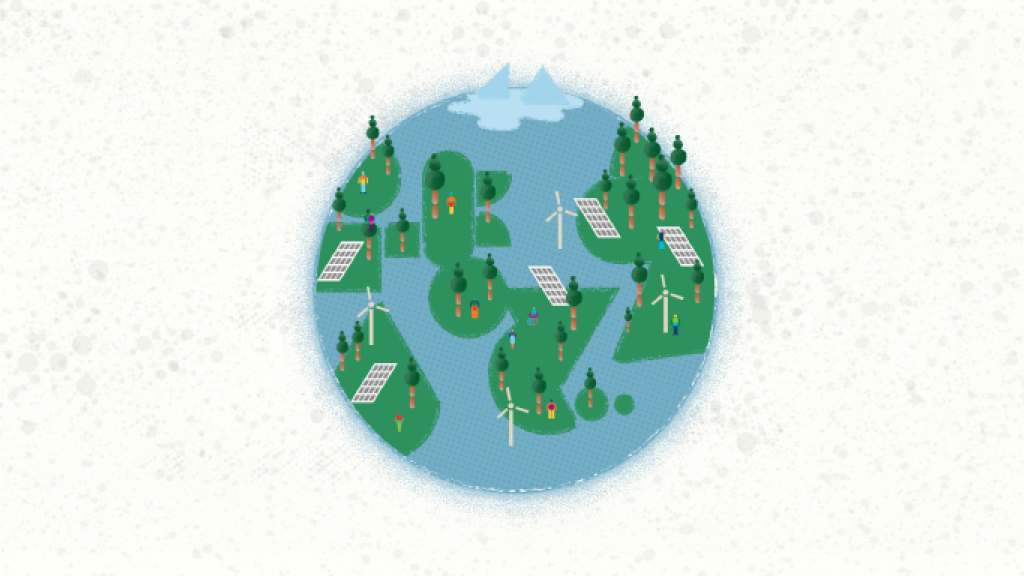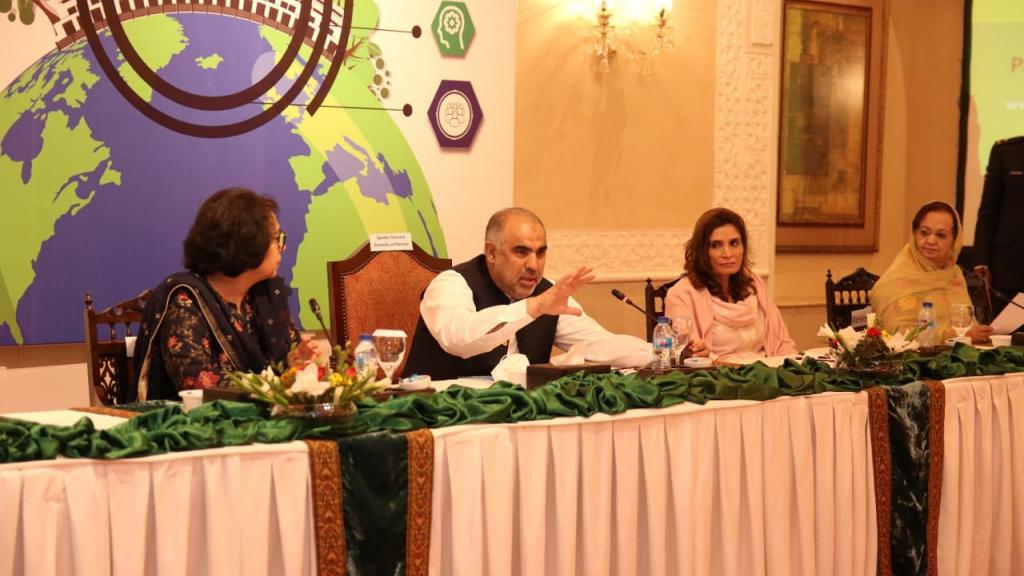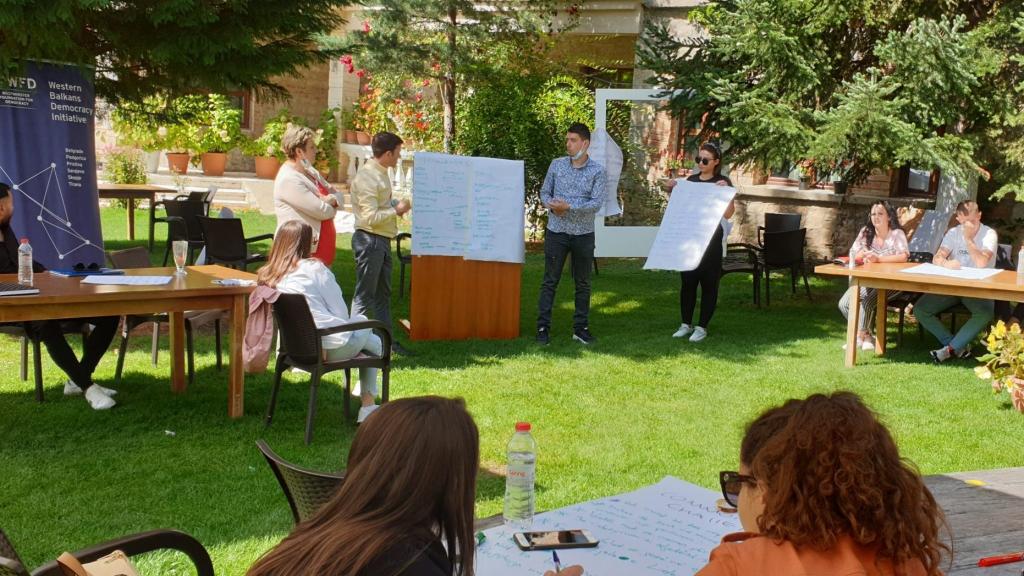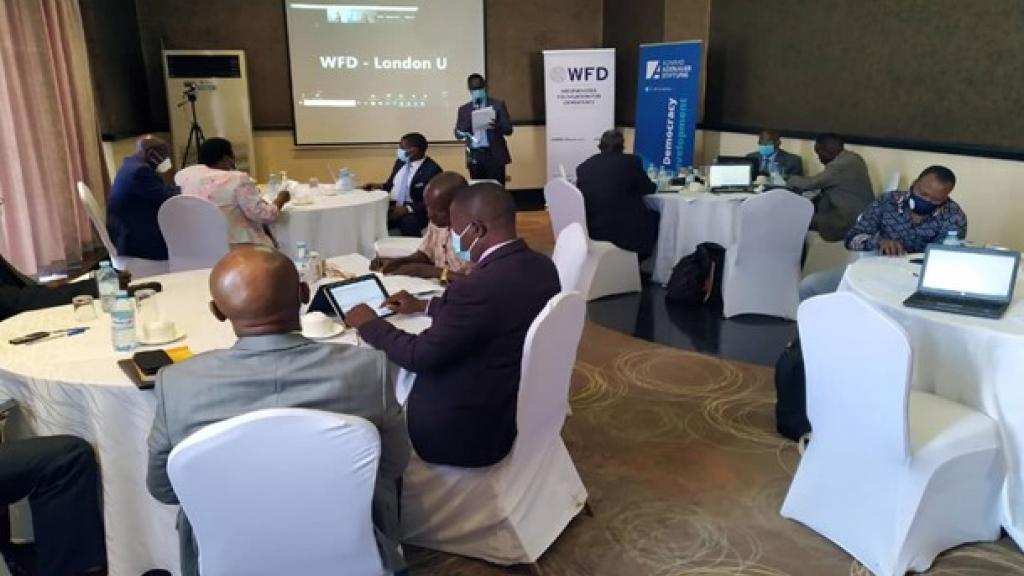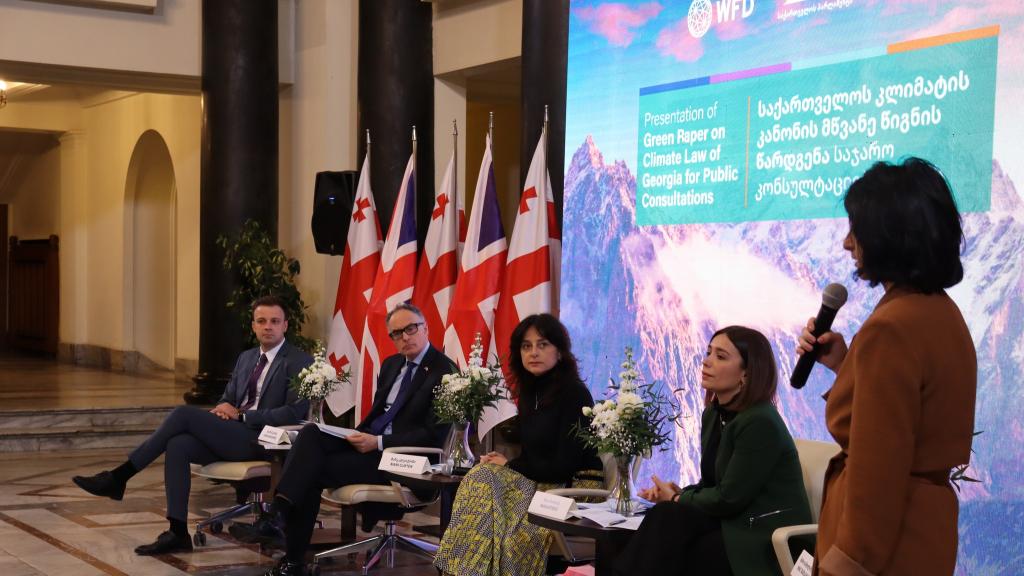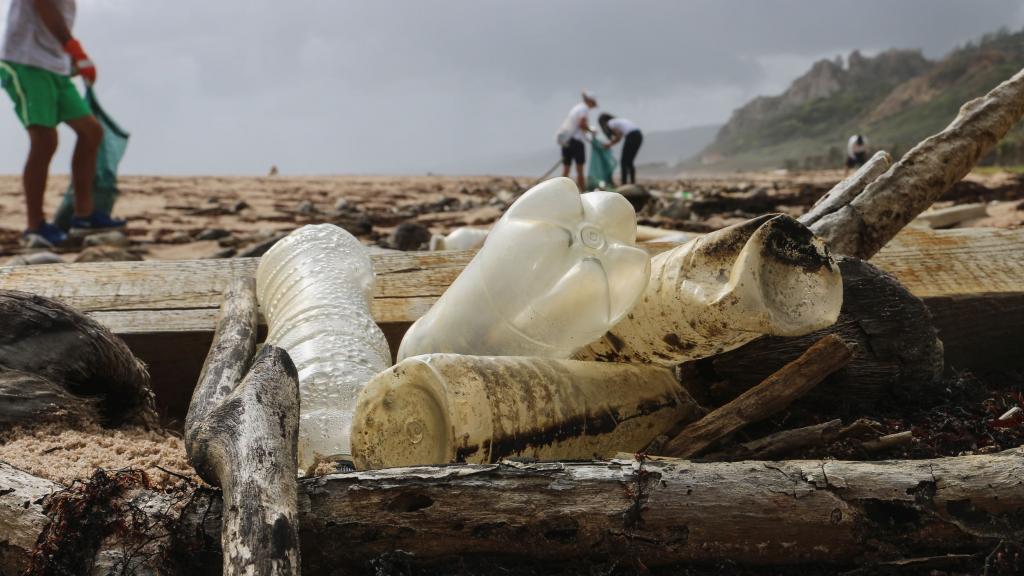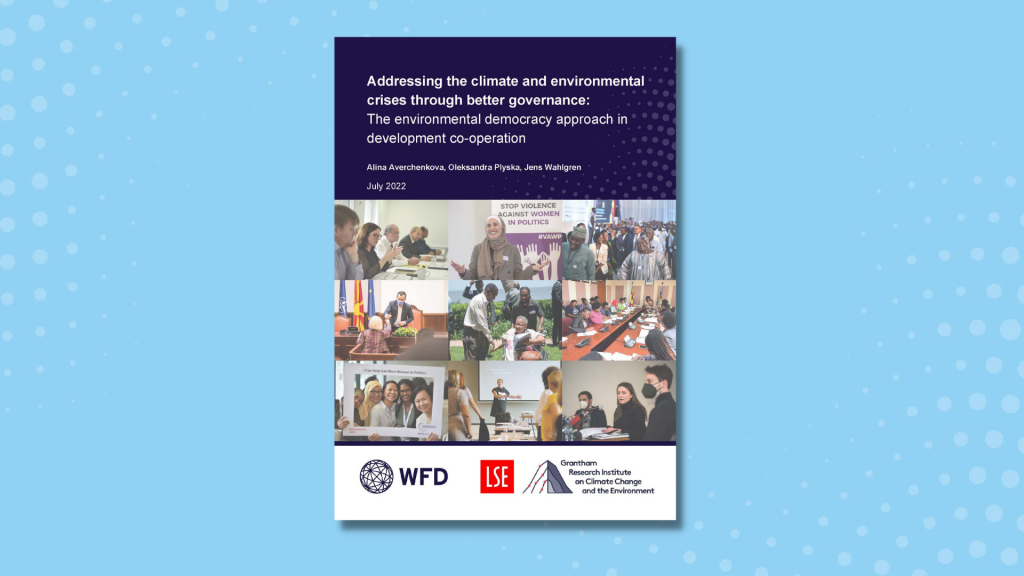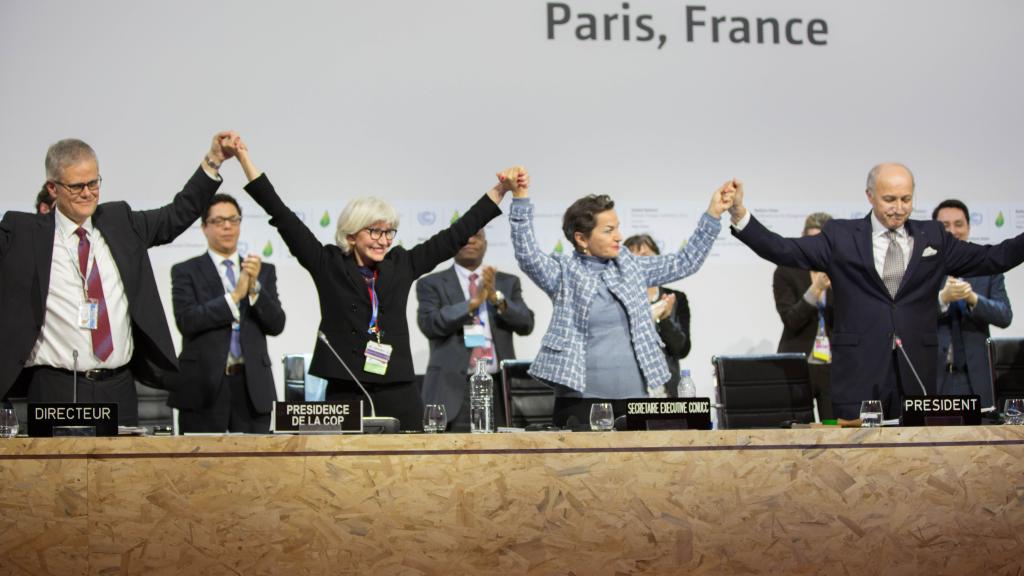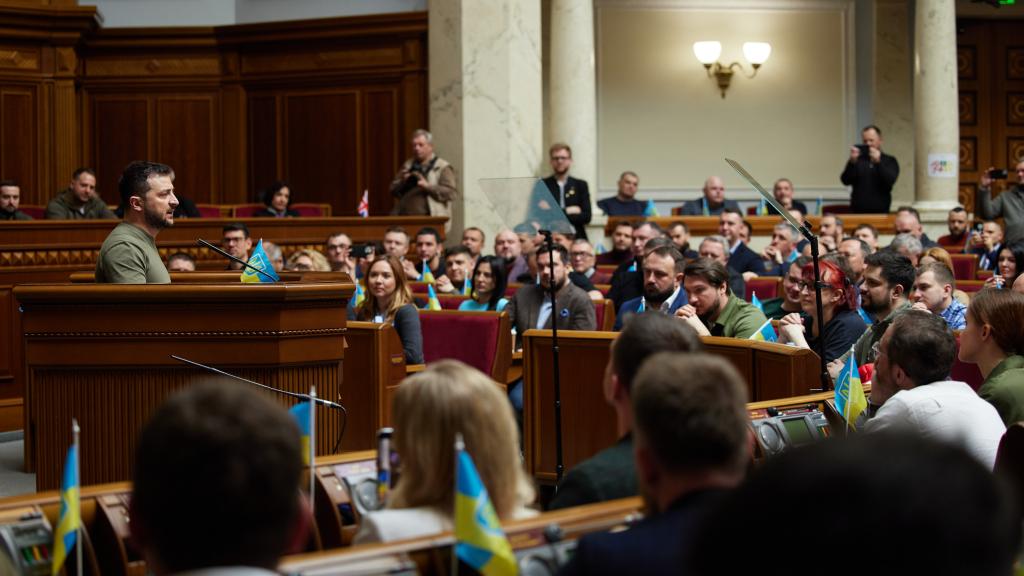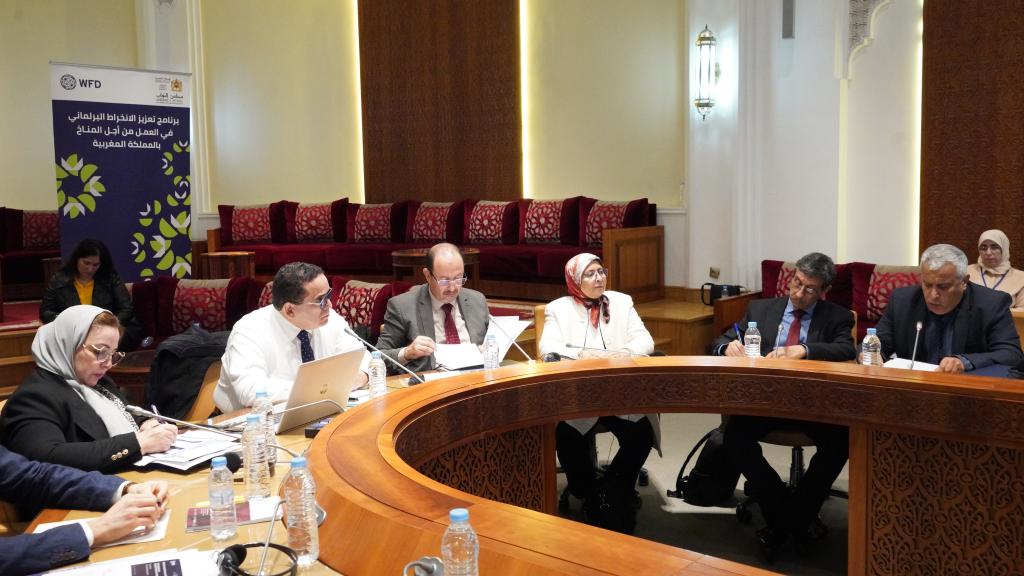Huge changes to all levels of society, politics and businesses are required to avoid the most devastating effects of climate change and environmental degradation. This means we need durable, effective, and responsive democratic institutions, accountable systems of governance and strong political will.
Failure to act is destabilizing democracies
Despite unprecedented international consensus on the urgency of addressing climate change and environmental degradation, most political systems have failed to general meaningful action.
Now, many people do not believe that democratic governments can deliver the necessary results for their citizens – against a background of worldwide democratic decline and climate emergency. Action on climate change is vital to stopping the destabilisation of democracies. Addressing the root causes behind the failure of democracies adequately respond to the climate emergency, too, will result in a strengthening of democracy.
Those most affected are excluded from decision-making
The groups who will be most severely affected by the resource scarcity, extreme temperatures and weather-related disasters caused by climate change and environmental degradation are the same groups commonly excluded from political decision making – the poorest, slum residents, subsistence farmers, rural women, minorities, indigenous groups, and young people. Ensuring that they are included in political processes and that decision makers listen to their political voices is critical.
Strong environmental rule of law, good information, and accountability are crucial
Realising international environmental treaties such as the Paris Climate Agreement requires the translation of these commitments into domestic laws and regulations by democratic means. Citizens, political parties, journalists and parliaments need the capacity and resources to use the extensive evidence available on climate change and environmental degradation to inform and influence policy development.
Almost every country in the world has legislation dedicated to the protection and preservation of the environment. However, the implementation and enforcement of these laws does not go far enough to address environmental challenges. Globally, laws are poorly enforced and access to legal remedies and environmental justice is severely limited. Few parliaments effectively hold their executives to account for failure to deliver on environmental commitments. Countries and their institutions of governance need support to make sure they deliver on them.
